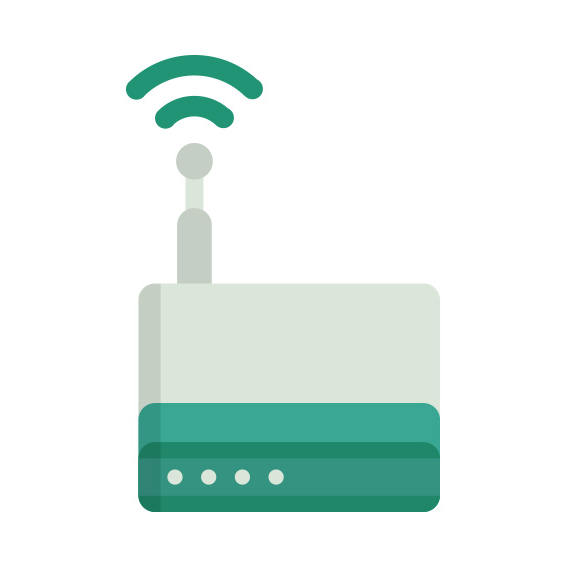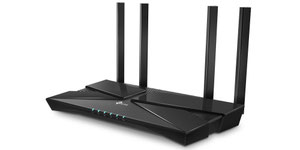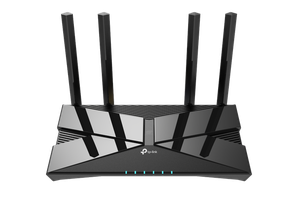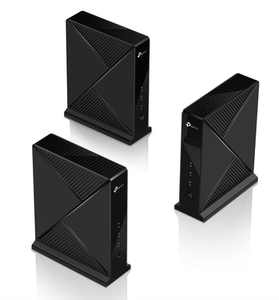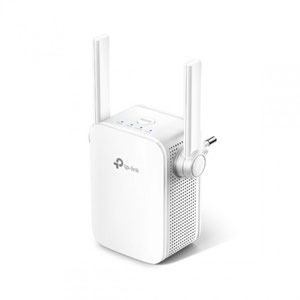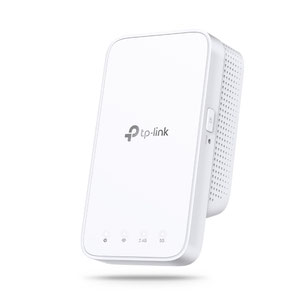The TP-LINK TL-PA251 router has No WiFi, 1 100mbps ETH-ports and 0 USB-ports.
It is also known as the TP-LINK AV200+ Powerline Adapter with AC Pass Through.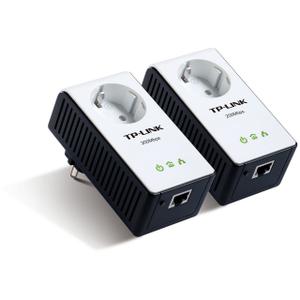
TP-LINK TL-PA251 default Password , Login & Gateway settings :
If you have performed a reset of your TL-PA251 device or not changed the defaults, you
should
be able to access it with the following settings
Default subnet mask: 255.255.255.0
How to factory reset (hard reset) TP-LINK TL-PA251 :
You can factory reset your TP-LINK TL-PA251 in the following way(s)
Through the web interface
Open a browser and navigate to the web interface of the router (see default settings below)
In the menu look for System tools and under there find the Factory defaults option
On the Factory defaults page click on the Restore button to perform the reset.
With the RESET/WPS button
Have the unit powered on
Press and hold the reset (sometimes reset/WPS) button for 10 seconds with a paperclip or other sharp object.
When the SYS led start blinking quickly release the reset button and wait for router to boot back up.
TP-LINK TL-PA251 router specifications :
System specs
CPU: 300 MHz
RAM: 8 MiB
Flash: 2 MiB
Custom firmwares: None
Connectivity
WiFi: No ()
WiFi bands
n/a
WiFi throughput: n/a
WAN
None
ETH
1 x 100mbps port
USB-ports: 0
TL-PA251 Firmwares
Staying up to date with the latest firmware is a good idea to keep your router even more
secure
from various security flaws.
If you want to squeeze a little bit of extra functionality out of your router, consider
flashing
an open-source firmware like dd-wrt, openWRT or LEDE. Flashing a custom ROM can greatly
increase
the stability and functionality of your old router.
Following are the firmwares that we have identified existing for the TP-LINK TL-PA251
TP-LINK stock firmware for the TL-PA251
Stock firmwares for the TL-PA251 are available under the download section on the
modem’s
support page. You can also refer
to the router’s manual for instructions on how to upgrade the firmware.
